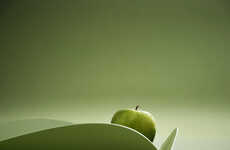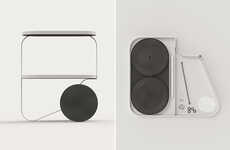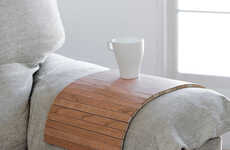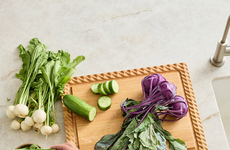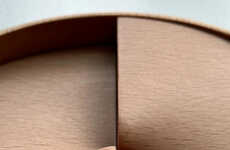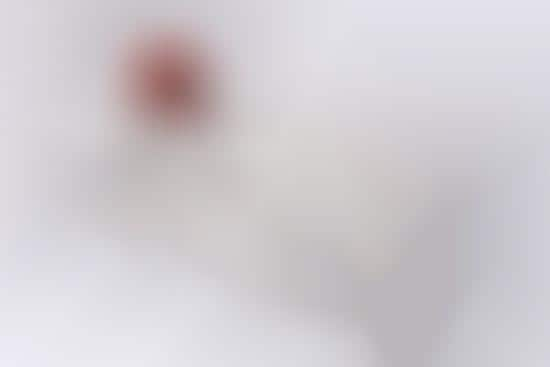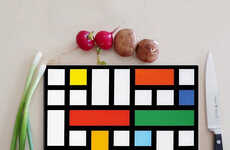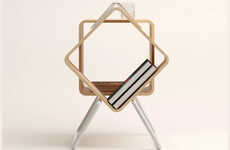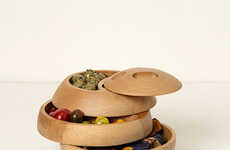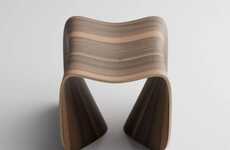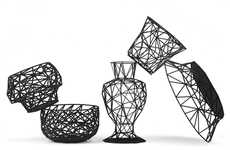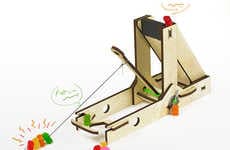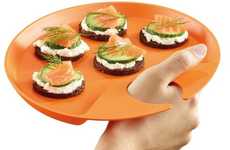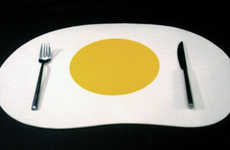
The Skeletal Fruit Tray is a Hard Angular Surface for Storing Soft Snacks
Amelia Roblin — June 9, 2011 — Art & Design
References: industrialdesignserved
Visual and tactile intrigue are accomplished in objects like the Skeletal Fruit Tray which creates great contrast between form, color and feel. Designer Vinicius Lima has juxtaposed the smooth and rounded shapes that pears and apples embody against a hard and perforated platter.
Essentially, the bizarre bowl had simply to serve the purpose of containing various pieces of food. Limitless possibilities as far as structure arose in such a case, allowing the maker to opt for an avant-garde, 3D-printed object. Rectangular gaps were left in the folded plastic panel, providing places for snacks to settle. Larger creases act as troughs where several items can collect. The Skeletal Fruit Tray may comprise of little actual material, but it's been conceived with quite remarkable complexities.
Essentially, the bizarre bowl had simply to serve the purpose of containing various pieces of food. Limitless possibilities as far as structure arose in such a case, allowing the maker to opt for an avant-garde, 3D-printed object. Rectangular gaps were left in the folded plastic panel, providing places for snacks to settle. Larger creases act as troughs where several items can collect. The Skeletal Fruit Tray may comprise of little actual material, but it's been conceived with quite remarkable complexities.
Trend Themes
1. Contrasting Shapes - Exploring the use of contrasting shapes and textures to create visual and tactile intrigue in product design.
2. Avant-garde 3D Printing - Utilizing 3D printing technology to create complex and unconventional objects with limitless design possibilities.
3. Minimal Material Usage - Designing products with minimal material usage while still maintaining functionality and visual appeal.
Industry Implications
1. Product Design - Incorporating contrasting shapes and textures in product design to create unique and visually interesting consumer goods.
2. 3D Printing - Utilizing 3D printing technology to push the boundaries of design and create avant-garde objects with intricate details.
3. Sustainable Design - Exploring minimal material usage and sustainable practices in product design to reduce waste and environmental impact.
0.5
Score
Popularity
Activity
Freshness

